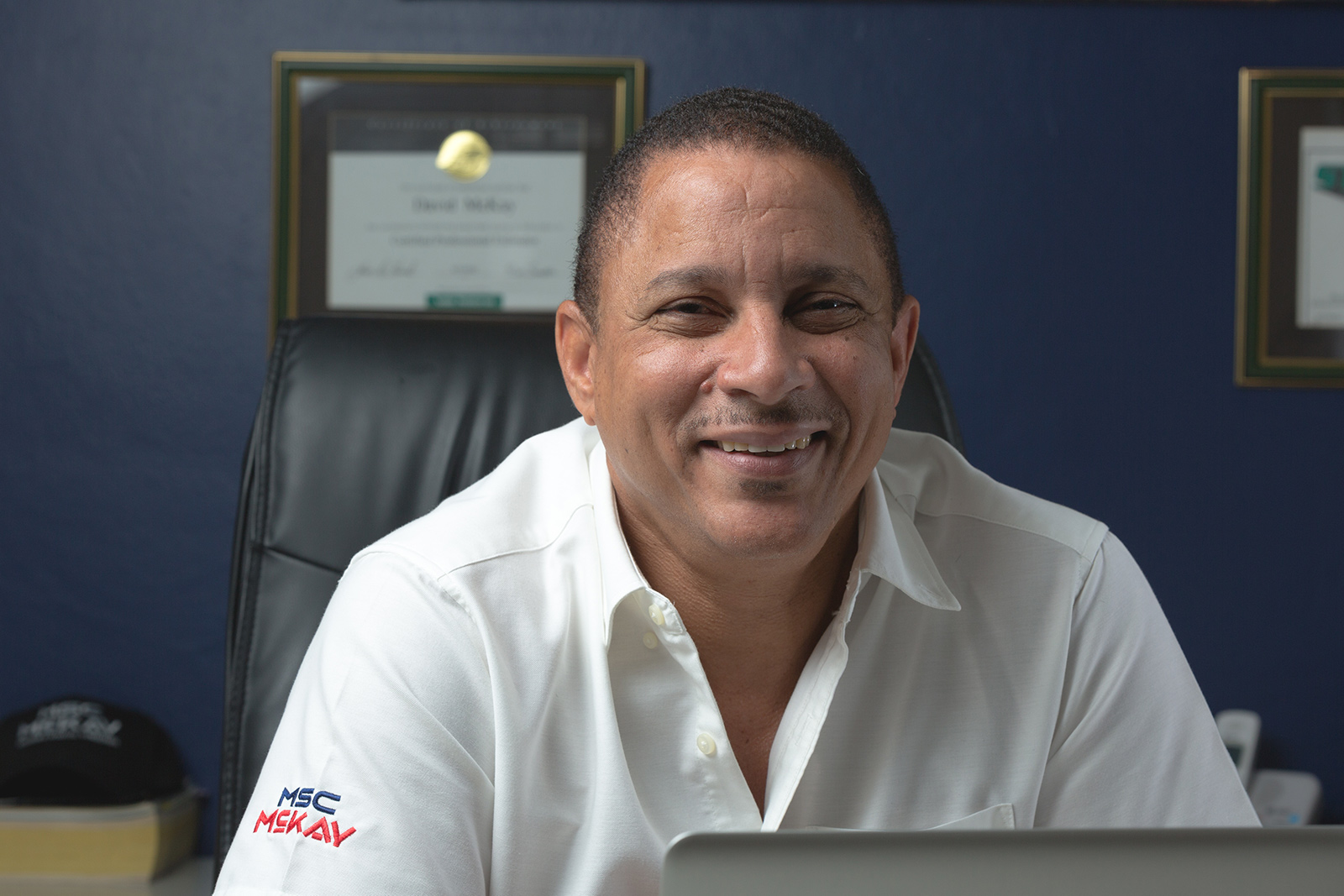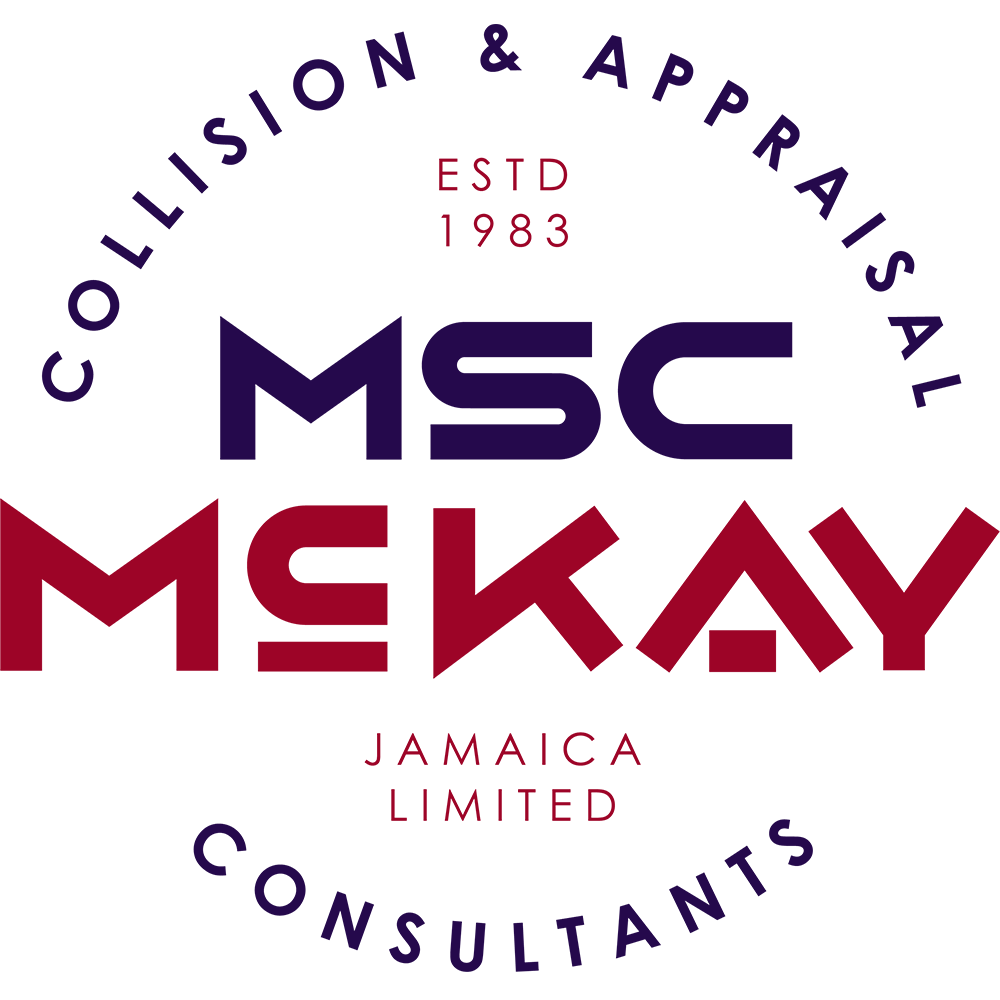Question: David, I think that most people are concerned about the value of their car, how does MSC McKay arrive at the value of a car?
David: Yes, I would agree that most people in Jamaica are deeply aware of the significance of the value of their vehicle. You have to remember that motor vehicles are expensive in Jamaica and represent a sizeable asset value – they have every reason to be sensitized to this issue. We will be providing an opportunity through our E-Value product for people to go online and check on the approximate value of their car, a precise value is impossible without actually seeing and test driving the car.
Question: What factors determine the value of a motor vehicle?
David:The main factors which determine the value of a vehicle are the model year, accessories (factory fitted or otherwise), mileage, general overall condition and current market trends.
Question: What impact does depreciation have on motor vehicle values?
David: The rate of depreciation will differ depending on the make, model and type of vehicle. The depreciation factor can range between 5% a year to as much as 20% as year. The regular depreciation factor for Japanese Domestic model vehicles (and here I refer to cars built in Japan for domestic sale) and local dealer imports range between 12% and 15% a year on average. Devaluation of the Ja$ will in some instances either reduce the rate of depreciation on a vehicle over a one year period, and in a few instances will actually result in an increase in the market value of some vehicles.
Question: If two vehicles are the same year, make and model, are they likely to have different values if one is a deportee and the other one made specifically for the export market?
David: The ‘deportee’ (Japanese Domestic) vehicle in several instances may have a higher level of trim and more features (such as air bags and anti-locking brake systems) which the regular export model does not have. This may result in the Japanese Domestic model having a marginally higher value than the comparable local dealer model in some instances.
Question: Are genuine spare parts sourced for all types of vehicles, e.g., deportee vehicles?
David: No. Used parts/aftermarket parts are usually sourced for vehicles over four years old. However, for vehicles less than four years old, genuine OEM replacement parts would be the first choice. All replacement parts allowed must comply with the standards set by the Jamaica Bureau of Standards. The Insurer’s responsibility is to ensure that the Insured is placed in the same position he/she was in prior to the vehicle being damaged.
Question: Are Sports Utility Vehicles valued differently from cars?
David: No. The same procedure is used, i.e., the prices of the latest model vehicle, less depreciation and adjustments for current market trends and the overall condition of the particular vehicle.
Question: Is there a standard valuation methodology used by all valuators?
David: There are standard methodologies used by all valuators, but different opinions of market trends and the discretion of the individual valuator may result in differences in market values between valuators. This difference of opinion, however, should be minimal.
Question: Is there an Association of Valuators and are its members bound by any standards?
David: Yes, the Loss Adjusters Association. A Committee comprised of its members are engaged in setting standards and establishing best practices for the industry.
Question: Are there differences between the functions of a Loss Adjuster, Valuator and an Assessor?
David: Yes, the Loss Adjuster/Assessor can also be Valuators. However, they usually quantify motor vehicle damage, and may sometime quantify property damage loss as well.
Question: What is the significance of “year of manufacture” versus “model year’ to a Valuator?
David: The Assessor uses the model year as one of the main components in determining the value of a vehicle. The model year can be verified in most instances by decoding the VIN (Vehicle Identification Number) on the vehicle. The “year of manufacture” can be either one year before or the same year as the correct “model year” of the vehicle. The Loss Adjustors Association along with the Bureau of standards and various local New & Used Car Dealers are presently engaged in discussions regarding the change of the motor vehicle importation policy to require correct ‘model year’ instead of ‘year of manufacture’ or ‘year of registration’.
Question: What value is recommended for ‘use for insurance purposes’? Is it forced sale value or market value and why?
David: The value recommended for the use for insurance purposes is the market value. The forced sale value is used mainly by financial institutions which may be using the vehicle as collateral for providing a loan.
Question: What features/factors/accessories help preserve or increase the value of a vehicle?
David: Keeping the vehicles in a good condition overall (including using proper servicing intervals) will help to preserve the value of the vehicle. The addition of after-market accessories (e.g.,) alloy rims, may increase the value of the unit, but only marginally in most instances. It is therefore, advisable to insure major additional accessories (such as elaborate stereo systems) separately.
Interviewer: Well, thanks for this information David, I certainly enjoyed talking with you and I hope that this clears up many of the questions about values and insurance that the public has.


